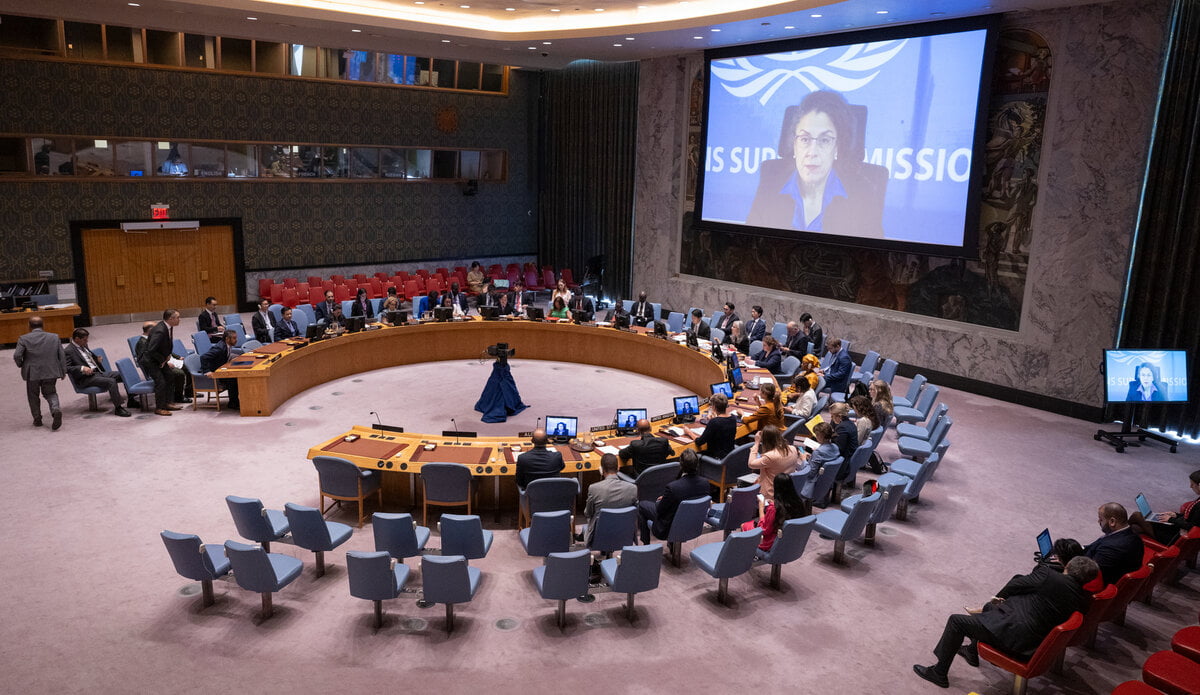In a briefing to the United Nations Security Council, Stephanie Kouri, Acting Head of the United Nations Support Mission in Libya, provided a comprehensive overview of her consultations with various Libyan stakeholders since assuming her role a few months ago. Instead of presenting a specific project or plan, Kouri outlined the differing opinions she has encountered on how to advance the political process and conduct inclusive elections to restore legitimacy to institutions.
Political Agreement
Kouri emphasized that “the vast majority of Libyan citizens” expressed the need for a political agreement that paves the way for credible national elections and the necessity of a “comprehensive process” led by Libyans to overcome political deadlock. However, she also conveyed the divergent views on what this agreement or process should entail.
Some suggested an institutional pathway involving key bodies like the House of Representatives and the High Council of State, while others proposed a broader dialogue process. Some advocated for a combination of both approaches, a notion previously dismissed by former envoy Abdoulaye Bathily following the failure of his five-party dialogue initiative due to the House of Representatives and General Command’s demand for Osama Hammad’s government to participate or the exclusion of Abdul Hamid Dbeibah’s government.
Executive Charter
Kouri also relayed that some Libyans see the necessity of adopting a “charter” or agreement ensuring all parties commit to the election outcomes, with clear details and mechanisms for implementing any future agreement to guarantee adherence.
Interim Government
She noted other ideas, such as a “roadmap” addressing core issues including the formation of an “interim government” and the steps necessary to move towards elections, or focusing on tackling fundamental issues like the economy, security, and governance structures before elections.
While presenting these varied perspectives, Kouri expressed concerns about the ongoing institutional and geographical division in Libya, viewing it as a threat to economic and security stability and a undermining factor for the country’s territorial integrity.
She highlighted the difficult economic conditions many Libyans face due to rising prices and declining purchasing power, calling for the unification of the national budget and resolving outstanding disputes to expedite its approval.
Unifying the Budget
Kouri asserted that “unifying the national budget is of utmost importance,” urging all “stakeholders” to resolve remaining disagreements to ensure swift budget approval and its transparent and accountable implementation. However, she did not specify who would present the budget, who would approve it, or the framework for budget execution, leaving critical details unresolved.
Decisive Action
Kouri concluded her briefing by stating that “the current situation is unsustainable” and that “decisive and unified action alongside Libyans and with international community support is necessary to make progress in the political process.”
However, Kouri stopped short of providing any details or clarifying what this decisive action entails or any specific initiative or project to push this “decisive and unified action” forward on the ground.
Conclusion
Therefore, it appears that Kouri is still in the phase of exploring and gauging opinions within the complex Libyan landscape before proposing any clear-cut project or plan to transition to the next phase of the political process. This suggests that the Libyan political scene is likely to remain unchanged in the near future, with no significant developments, given the absence of any specific initiative from the UN envoy thus far.

